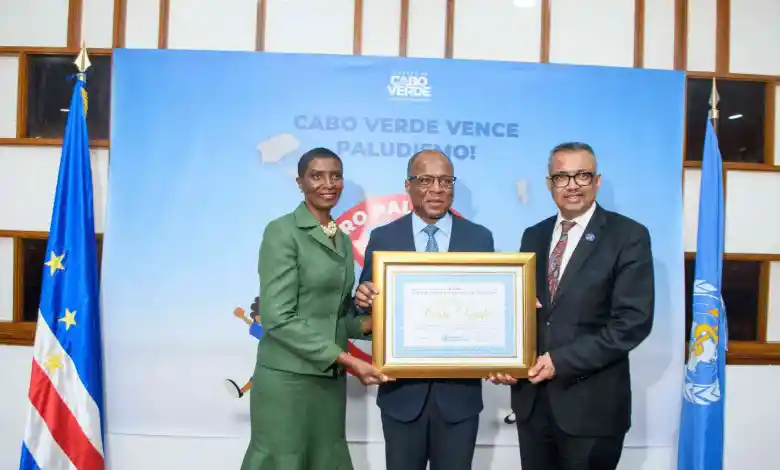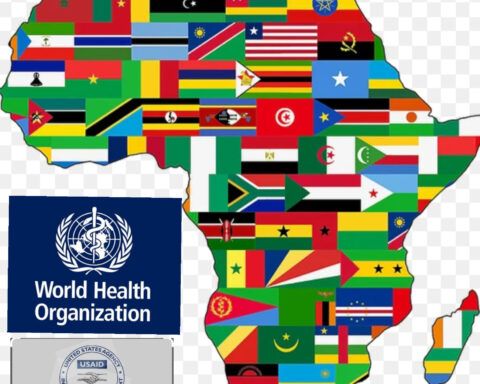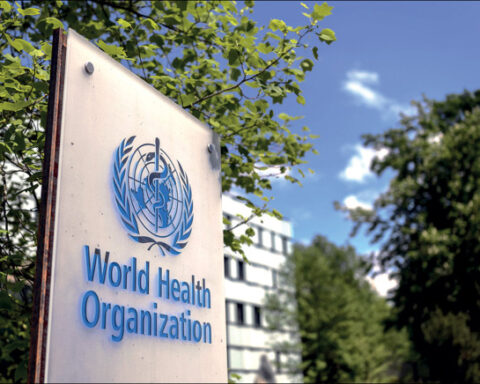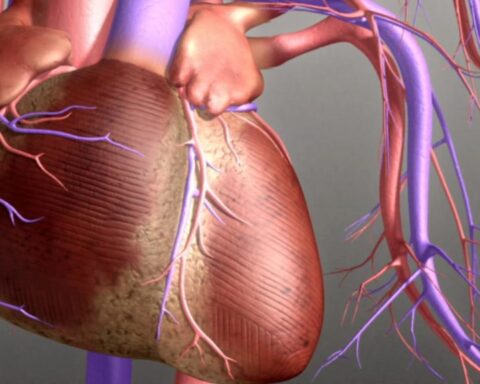A sub-Saharan African nation has been declared malaria-free for the first time in 50 years.
The World Health Organization (WHO) has certified Cape Verde as a malaria-free country, marking a significant achievement in global health. With this announcement, Cape Verde joins the ranks of 43 countries and 1 territory that WHO has awarded this certification.
Cape Verde is the third country to be certified in the WHO African region, joining Mauritius and Algeria which were certified in 1973 and 2019 respectively. Malaria burden is the highest on the African continent, which accounted for approximately 95% of global malaria cases and 96% of related deaths in 2021.
Certification of malaria elimination will drive positive development on many fronts for Cape Verde. Systems and structures built for malaria elimination have strengthened the health system and will be used to fight other mosquito-borne diseases such as dengue fever.
Travellers from non-malaria endemic regions can now travel to the islands of Cape Verde without fear of local malaria infections and the potential inconvenience of preventive treatment measures. This has the potential to attract more visitors and boost socio-economic activities in a country where tourism accounts for approximately 25 per cent of GDP.
“I salute the government and people of Cape Verde for their unwavering commitment and resilience in their journey to eliminating malaria,” said WHO Director-General Dr Tedros Adhanom Ghebreyesus.
“WHO’s certification of Cape Verde being malaria-free is testament to the power of strategic public health planning, collaboration, and sustained effort to protect and promote health. Cape Verde’s success is the latest in the global fight against malaria, and gives us hope that with existing tools, as well as new ones including vaccines, we can dare to dream of a malaria-free world.”
Certification of malaria elimination is the official recognition by WHO of a country’s malaria-free status. The certification is granted when a country has shown – with rigorous, credible evidence – that the chain of indigenous malaria transmission by Anopheles mosquitoes has been interrupted nationwide for at least the past three consecutive years. A country must also demonstrate the capacity to prevent the re-establishment of transmission.
“The certification as a malaria-free country has a huge impact, and it’s taken a long time to get to this point. In terms of the country’s external image, this is very good, both for tourism and for everyone else. The challenge that Cape Verde has overcome in the health system is being recognised”, said the Cape Verde´s Prime Minister, Ulisses Correia e Silva.
Cape Verde was given the status by the World Health Organization (WHO) as it has not reported a single case of local transmission in three years.
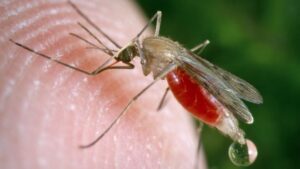
Experts have described this as a major achievement. Malaria is a huge killer on the continent. In 2022, 580,000 people in Africa died from the disease, amounting to 95% of fatalities worldwide.
The disease is caused by a complex parasite which is spread by mosquito bites.
“This success reflects the hard work and dedication of countless health professionals, collaborators, communities and international partners. It is a testimony to what can be achieved through collective commitment to improving public health,” Cape Verde’s Health Minister said.
Additional Source : Africa News
